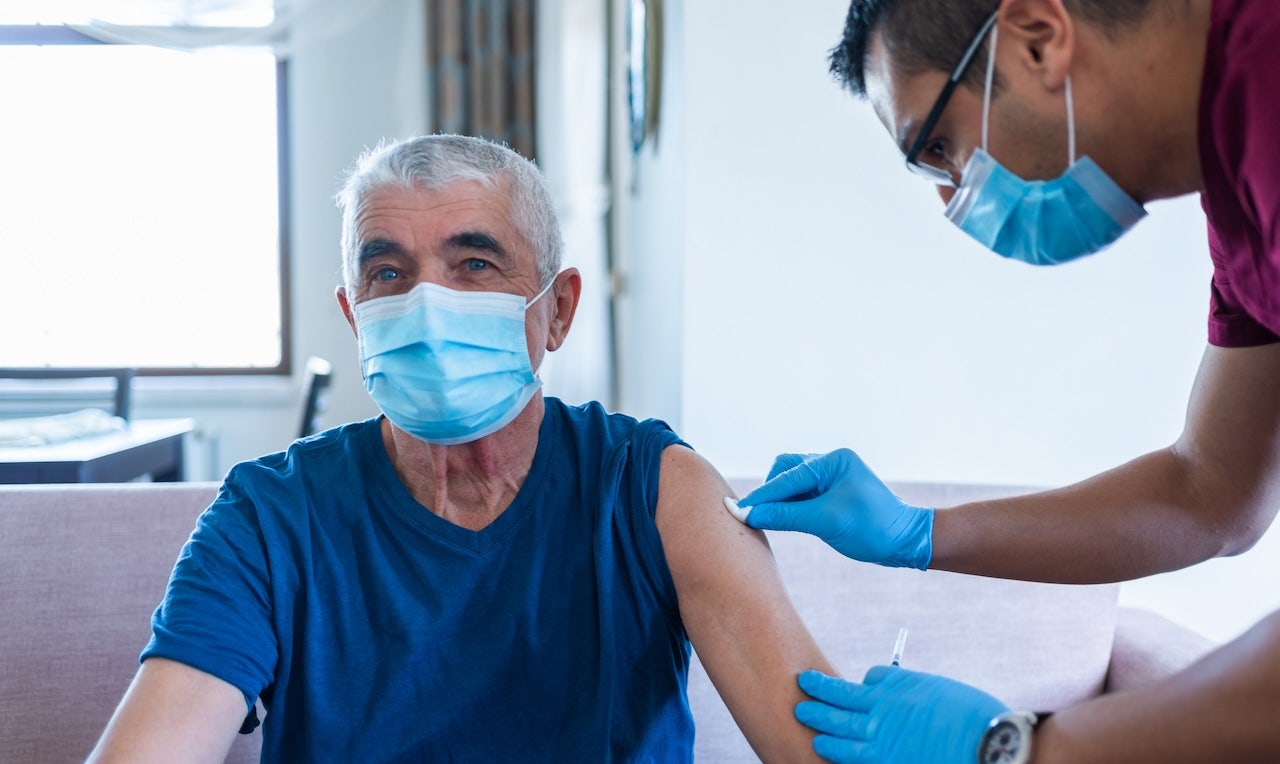Here’s how the southwestern Ontario hospital ransomware attack has impacted this cancer patient’s care

Kale McMurren was eager to be done his cancer treatment when an attack on hospital systems derailed the final weeks of his care.
McMurren, who lives in Essex, is one of an unknown number of patients in southwestern Ontario whose cancer care has moved hours away after a ransomware attack stalled some procedures and treatments at five hospitals. Some cancer patients have been sent to hospitals in London, Kitchener or Toronto and are having their travel and accommodation costs paid for.
When McMurren, who has a rare type of Hodgkin’s lymphoma, first heard that his care was moving from Windsor to London, “that’s where the questions started coming in,” he said.
“I’m basically leaving everything behind to go up to London for the treatment,” said McMurren, whose radiation will start at London Health Sciences Centre on Nov. 20th and last three full weeks.
The 33-year-old volunteers as a high school football coach and has been keeping busy with a video producing company in Windsor while he’s been on long-term disability from his job. He also has most of his family living in Windsor.
Even though McMurren has said moving his care is frustrating, he added that it’s a “little detour route” in his journey and he’s still grateful that his care will continue, with all costs covered.
But, Windsor family doctor Ahmed Alamelhuda says that this isn’t a realistic solution for everyone. Since the Oct. 23 attack happened, he says he’s referred about six patients outside of the region for care.
“Some of these patients, they are very limited financially. It’s very difficult for them to travel back and forth, four or five hours to Toronto,” he said.
“And a lot of these patients, they rely on a family member to … take them to doctor’s visits and that means time off for these family members and caregivers.”
While patients who are already being treated in the hospital system are having their costs covered, it’s not clear if patients who are being referred outside of the region by family doctors are also getting the same financial support.

There’s also other limitations to sending patients outside of the region for care, Alamelhuda says, which includes hospitals in the province already being overburdened with their own patient population and not having availability to take on more.
But when it comes to a cancer diagnosis or treatment, he says delays can have a really negative impact.
Toronto hospital treating radiation patients
Dr. Keith Stewart, the director of Princess Margaret Cancer Centre in Toronto, says they are currently treating some cancer patients from southwestern Ontario.
“If the [treatment] delays are too long, that could be problematic,” he said.
“I think it’s important for patients to realize it’s quite common to delay treatment … usually missing a week or two or having a delay of that long isn’t a major concern.”
As for the transfer itself, Stewart says that whenever they get patients from other hospitals, the transfer is quite seamless.
He added that all doctors can access an online system that stores some past patient medical records, and that from his understanding, the information doctors need to treat these patients should be available there. If not, Stewart said doctors will make sure to speak with a person’s specialist or family doctor.

Windsor family doctor says accessing records difficult
Since the attacks have taken hospital systems offline, records can’t be accessed locally. Alamelhuda says the attack has made it difficult for him to see more recent information about his patients.
“We often have to log in and see kind of where patients have been. Have they been into the hospital? Have they been into the emergency room? Have they got, you know, certain diagnostic imaging completed? And now, with this hacking that is unfortunately occurring, that access has been blocked,” he said.
As a result, Alamelhuda says he’s been relying on patients to update him on their care, but that some patients might not know all the details, which leaves gaps.
“I find we are doing lots of background work, where I’m having my front staff trying to call around, trying to call the specialist office, seeing if they have some of the imaging reports,” he said.
When it comes to getting certain scans or tests done, Alamelhuda says he’s now referring more patients to community diagnostic centres. But he notes that not everything can be done in the community, like biopsies.
If you have been impacted by the ransomware attack on hospitals in southwestern Ontario and want to talk about your experience, please email Jennifer La Grassa at jennifer.lagrassa@cbc.ca.




